City Council reckons with infrastructure – BikePortland
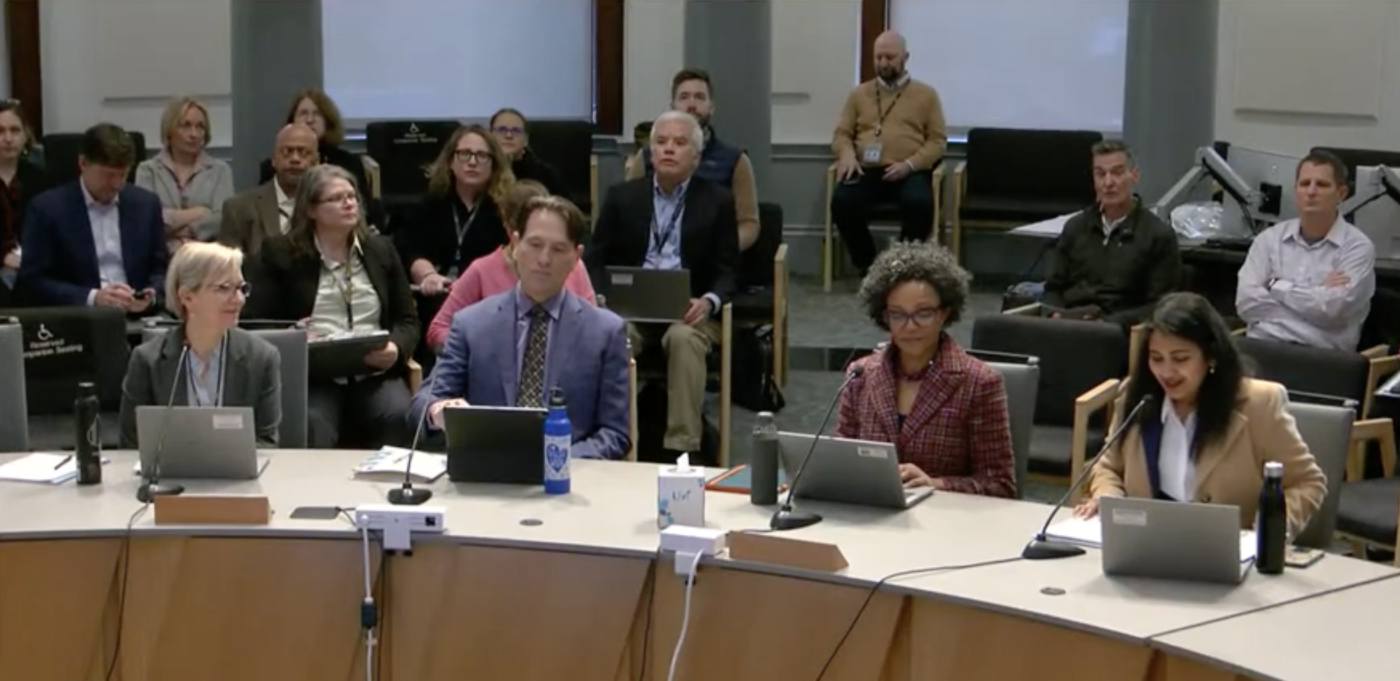
Coming out of a campaign season in which the major issues were homelessness, homelessness and homelessness, it might come as a surprise to many people that a big part of a City Councilor’s job is about, well, pipes.
More properly, infrastructure — water, stormwater, sewage and right-of-way. Infrastructure takes up 50% of the city budget, but until things stop working, most Portlanders rarely think about it. As long as the toilet flushes and water comes out of the tap tasting fine, we’re good.
But I’ve yet to see a better introduction to the workings of the city than the presentation given by the Public Works Bureaus —Transportation, Water and Environmental Services — to the City Council last Thursday as part of Council’s Public Works work session. To anyone who wants a deeper understanding of Portland, including budget issues, tuning into the first 90 minutes of this session is well worth your time.
For a BikePortland reader, the most important information presented was that Portland’s roads face a severe maintenance backlog. But you knew that already, right?
What made me sit up straight during Thursday’s session was that the alarm finally seemed to impress the council as a whole. In the past, we’ve had individual commissioners-in-charge sounding-off about maintenance backlogs, but those concerns were easier to disregard in a fragmented council in which each commissioner had their own competing budget worries. In contrast, this session showed representatives from each of the four districts fully engaged and weighing in on the issues which concerned both their constituents and the city as a whole. Infrastructure was everybody’s business.
“Director Williams, I would say, don’t apologize for saying we don’t have enough money, scream at the top of your lungs, ‘We don’t have enough money’ with a lot of expletives attached, because that is the case.”
– Steve Novick, city councilor
The hearing also offered an early glimpse of Portland’s reorganized bureaucracy. In this instance, Interim Deputy City Administrator Priya Dhanapal, charged with the Public Works Service Area, led the Bureau Directors under her watch through a coordinated joint presentation. Similarly, on the City Council side, the meeting was ably facilitated by President Elana Pirtle-Guiney. This might not mean much to folks who have never attended council meetings in the past, but to anyone who has, last week’s session was remarkable for its clarity and professionalism.
That’s the good news. The bad news is that Portland really does have an alarming infrastructure backlog. Let’s dive in.
The bureau presentations
There is a lot to know about the guts of city operations, and the bureaus did a fine job of making what could be an overwhelming amount of information more accessible.
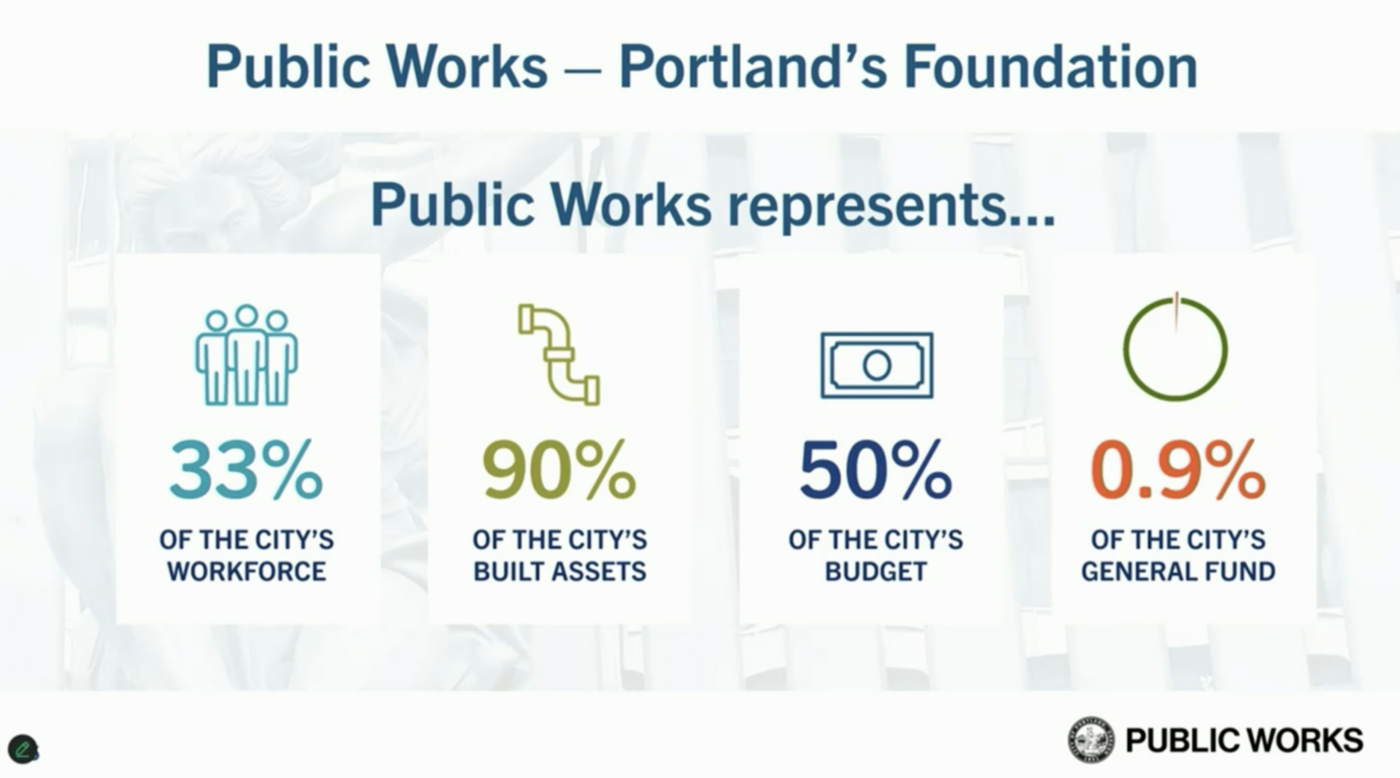

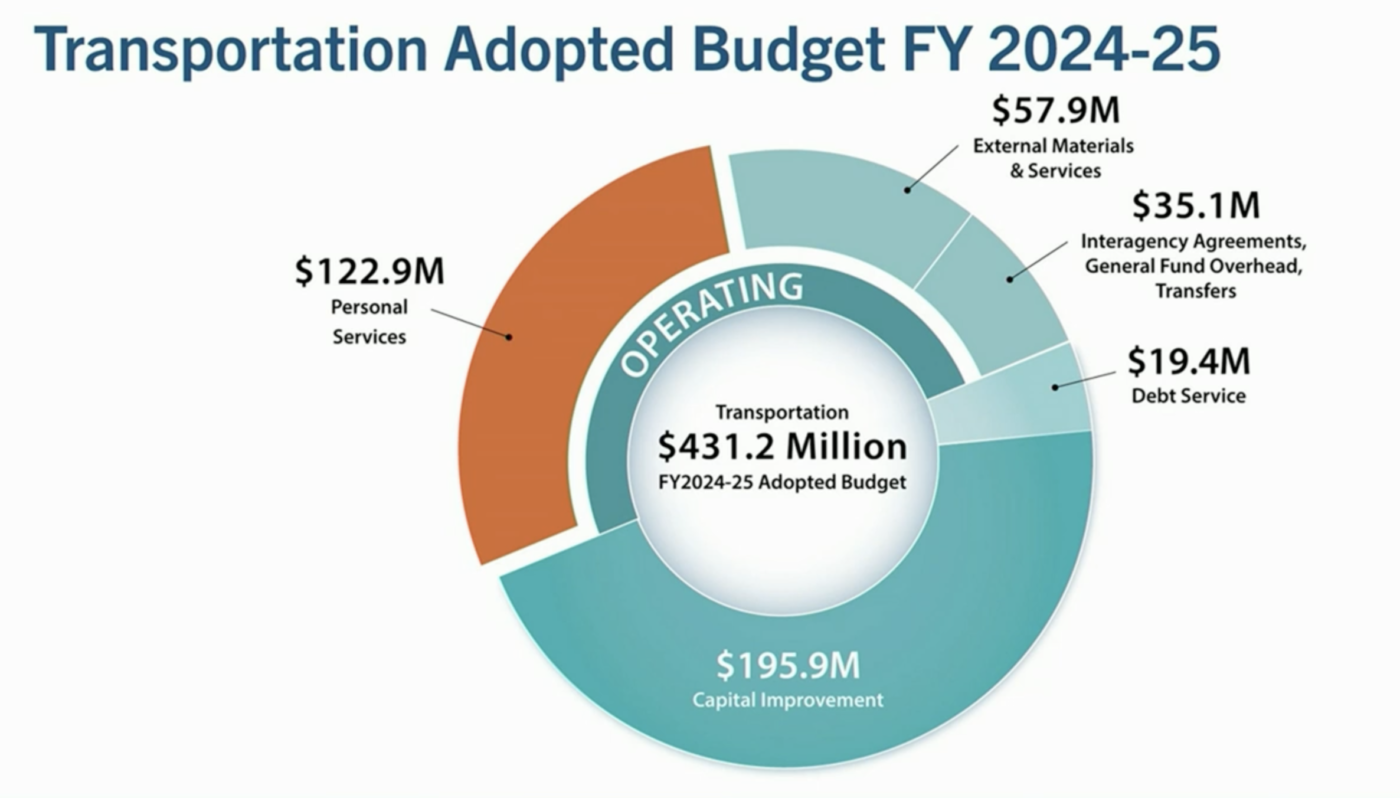
The three slides above bring the financial crisis into focus. The middle graphic shows that the Portland Bureau of Transportation (PBOT) has faced growing budget cuts over recent years, and has eliminated all of its financial reserves. The pie chart shows the budget.
The Council questions
I’ll let a selection of excellent questions and comments from Council speak for themselves, starting with Steve Novick, the Councilor most knowledgeable about Portland’s street network.
Novick was the Commissioner-in-charge of PBOT during his first term on council, from 2013 to 2016, and he is responsible for introducing the Fixing Our Streets ten-cent gas tax. His powerful comments came at the very end of the meeting:
The condition of the streets that you see now, is the result of 30 years of neglect by the administrations of Bud Clark, Vera Katz, Tom Potter and Sam Adams, who completely neglected street maintenance, because it takes a while for street maintenance neglect to show up. They knew what was going on and they decided to do nothing—as opposed to the electeds in surrounding jurisdictions who recognized that the money they were getting from the state and the feds wasn’t enough to maintain the streets and they adopted local funding sources.
We did not do that until I and Charlie Hales took a measure to the ballot passing a 10-cent gas tax in 2016. But at that point the maintenance deficit was so big that it was like applying a bandaid to a machete wound. I said at the time, ‘this will slow the bleeding a bit, but it is not going to stop it’ …
Roads are like teeth, if you don’t do regular brushing and cleaning, then you are into root canals and extractions, which are a lot more painful and much more expensive …
Director Williams, I would say, don’t apologize for saying we don’t have enough money, scream at the top of your lungs, ‘We don’t have enough money’ with a lot of expletives attached, because that is the case. As to some of the streets in the West and the East being gravel, my assumption is that if we don’t get a huge amount of money, most of the streets in Portland are going to be gravel in another 40 years.
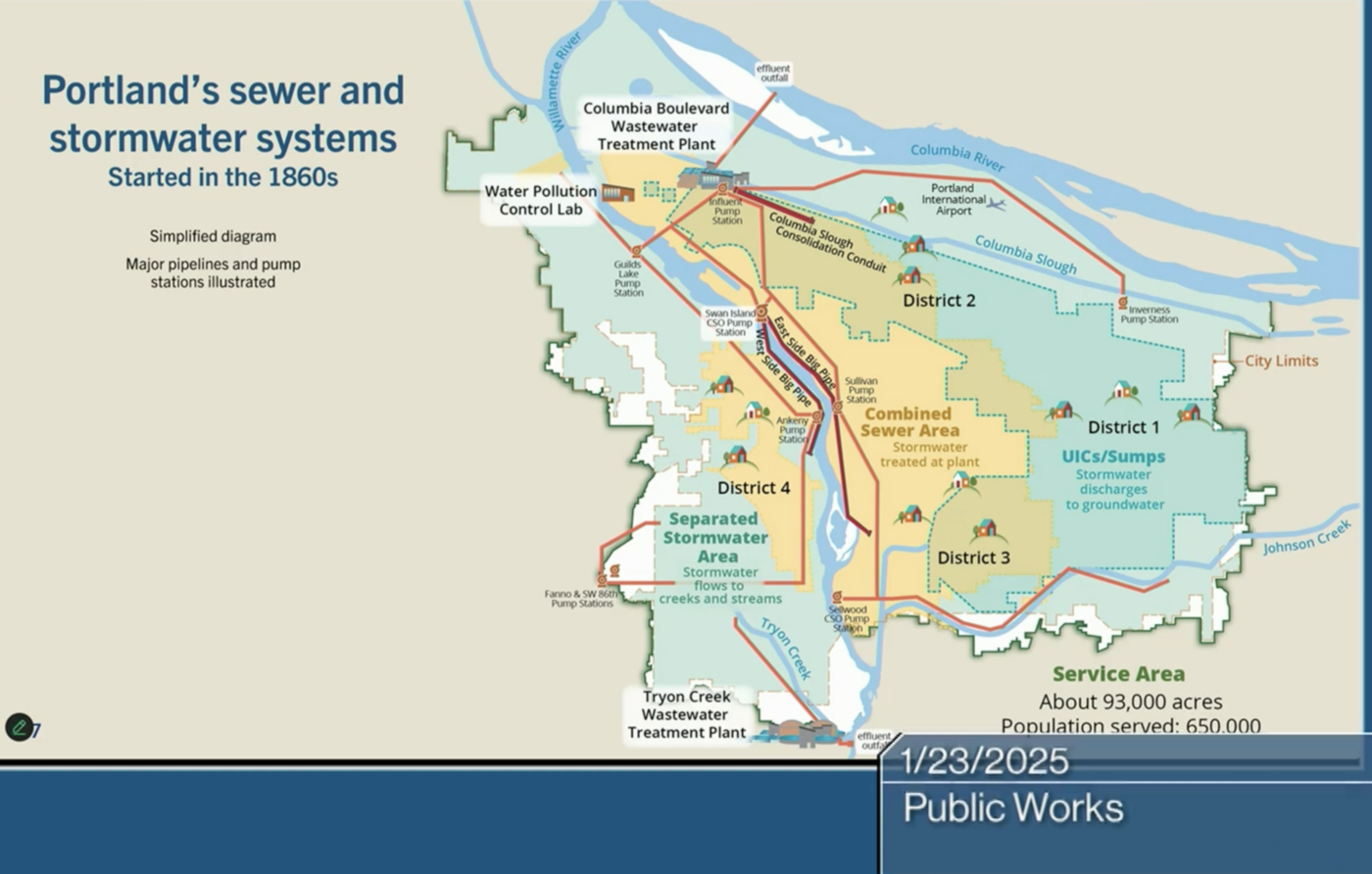
Novick’s remarks were the culmination of a line of questions initiated by the Council’s Transportation and Infrastructure Committee chair, Olivia Clark, who commented about sidewalks and stormwater. Eric Zimmerman continued in this vein with remarks about the
gravel delivered to my property, to put out where normally a sidewalk would go … What is it going to take to expire the mindset, particularly in east Portland, but also in west Portland, that if you want a road, you and your neighbors have to pay for it? … that old mindset that we applied to the places we annexed 40 years ago? … I think what a tremendous difference we could make 40 years from now, if we just dedicated ourselves to [building] one mile of road per year.
Ultimately, it was District 3’s Sameer Kanal who asked the most concise question, “Why do we not take responsibility as a city for sidewalks, as a lot of major cities do, and how can we fix that?”
PBOT Director Millicent Williams responded to Zimmerman and Kanal:
When I moved to the City of Portland, I was unclear about homeowners and property owners having the responsibility of paving streets … expiring that is something that I would be delighted to see us do. But that would take the interest and investment of the political capital that you have to change the policies, codes, rules, laws … Growth, when it happens, requires a lot more planning and intentionality than people assume.
That is an historical challenge that we have… I hate to use that we can’t afford it as the excuse for everything, but it is a very expensive venture. Sidewalks are very expensive, I’d love to do a mile a year, but a mile, depending on how complex it is, is a million dollars, and that’s just pavement. That doesn’t include the stormwater, it doesn’t include the drainage … The hope is that we could look at some strategies to create this more complete network of streets and sidewalks.
This was the most straightforward discussion about Portland’s roads that I have heard from Council. Frankly, it was cathartic. We seem to be entering a period of honest reckoning about what it truly costs to properly maintain our roadways — and bring them, across the city, to a safe standard.
Share this content:








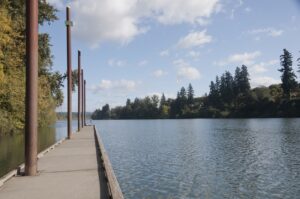
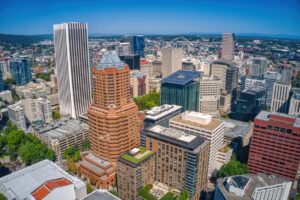





Post Comment